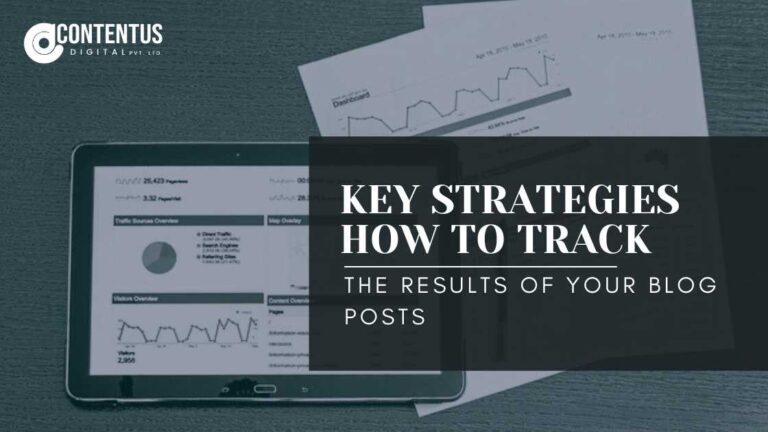How keyword clustering optimize your content
If you belong in the world of online business, you must be familiar with search engine optimization or SEO. It helps you stand out and appear on Google search results. All thanks to keywords!
For example, if a person searches for ‘Best five-star hotels under a budget.’ While your website has content on the same, there is your keyword. A website content optimizes with the right keywords and requires keyword research.
But, how does keyword research help in SEO, and why are they important? Let’s discuss below:
Increases website traffic and rank
The objective of your website is to be visible to your audience, which brings traffic to your website. Having the correct keywords scattered across your website content, titles, and meta descriptions will help your audience see you and get you more clicks.
If your website is about thrift clothes then your audience is people who look for and want thrift clothes. Search for relevant keywords that will attract your audience and increase your visibility.
Establishes your brand
If you are clear about your target audience and brand goal, it is time to establish your brand. When you put your brand out there, your audience knows that they need you. Keyword research helps you do that right. Including the pain points in your brand copy and brand gets immediate attention from your audience.
Suppose you are a unisex cosmetic brand, this in itself catches a reaction from your audience. Include why your brand caters to a universal audience rather than a specific gender. Explain how your brand might change the face of the cosmetic industry. Use keyword research to keep up with your competitors or emerge as the new normal.
Keyword Clusters
Now, if you search for, ‘chocolate’ other words pop up. Like ‘chocolate cake’ or ‘chocolates for birthday’. This is keyword clustering, a series of recommended searches for your current search. But how exactly do keyword clusters help with SEO?
Well, since it shows up as related searches, it increases the rate of organic traffic to your website. It helps with your website’s internal links and improves your Google rank and keywords.
So, how do you perfect keyword clustering? We have prepared the best practices for keyword clustering:
List your keywords
To have relevant keyword clusters, you must do deep keyword research. Research what makes your competitors rank and what your audience searches. Use Google Search Console to find effective keywords.
Include long-tail keywords, primary keywords, and related searches. A perfect keyword list contains the keyword search volume, competition level, and how high it ranks.
Form keyword Groups
After listing your keywords, you must cluster them into groups for a concentrated keyword list. As you group your keywords you must keep in mind that they should relate to each other so that Google can recognize and rank them. The keywords should have high search volume to receive more clicks than others.
Track your clusters
Now as you gather keywords to use them in your content, make sure to pair some keyword together to see whether they have similar search goal. For example, photo frame a high- volume keyword is grouped with photo frame design, photo frame shop or photo frame size. All of these keywords are related to each other with high and low search volume and clicks.
Inspect various keyword clusters and exclude the ones that will not get you as much clicks or ranks. The main reason to include keyword clusters in your content is to increase your website traffic and rank.
Include blog posts
If your website contains a blog, that has similar content to your keyword clusters then add them. Including your blog posts mean that content is already on Google’s good books. Always remember to have a link to your blog posts, to have stronger chances at ranking.
This saves you a bit of keyword research time.
Optimized Landing Pages
These keyword clusters provide you with a much better content outline. Because the keywords are what your content is about, it must answer the search results of your audience. Now the pages where these keywords are present are known as pillar pages or landing pages. Each of these pages should elaborate on one keyword cluster to avoid confusion.
For example, your keyword cluster includes online tools for websites, online tools for website design and online tools for website testing. And you have three webpages on your site for this content then these three respective pages will address these three different keywords.
Conclusion
With these tips in your hand, you can now master keyword clustering. Use it for your keyword research and optimize your content. It will make you rule on Google searches for a long time!







